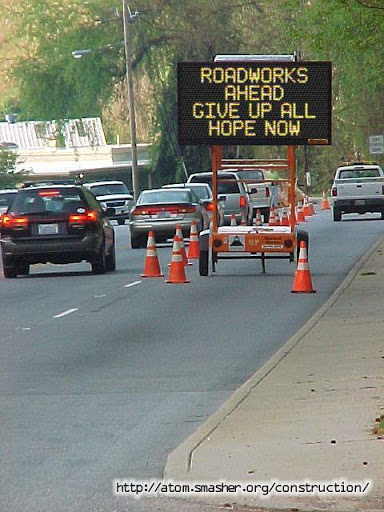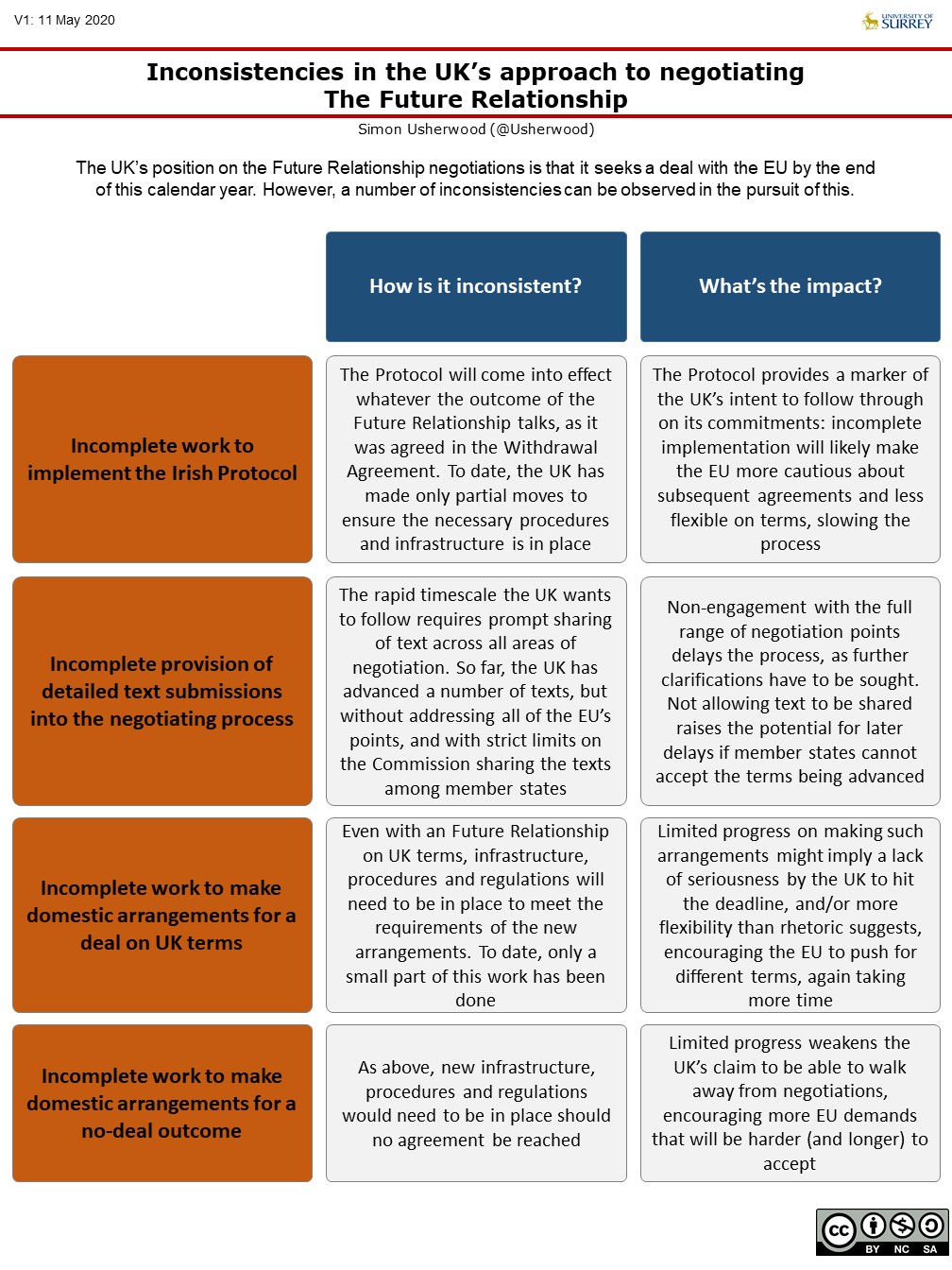The other week, I wrote that probably the most useful thing for the Prime Minister would be a lengthy prolongation of lockdown, to provide more cover for any decision on extending transition.

Well, we now have that cover, although the only serious explanation appears to be a function of Johnson’s extreme caution about loosening the current restrictions, for fear of another wave of infections.
That caution means that by the end of June there will, at most, be only partial further easings on social distancing and on the resumption of hitherto-‘normal’ activity, including hoping on a Eurostar to Brussels to negotiate the finer points of trade law.
With a Future Relationship round that looks set to produce minimal movement this week, all the pieces are in place, should the British government choose to push the button on getting an extension of some kind.
But the possibility is not simply a function of these things: it also depends on more intangible factors, and there the story is not so coherent.
Firstly, it is increasingly apparent that Johnson’s honeymoon as leader is waning. The relatively high incidence of COVID-19 cases and deaths – however you’re counting – is casting ever more shadow across his government’s choices at the start of the year, while his extreme bearishness on relaxing lockdown is costing him some support on his backbench.
Chuck in a much more incisively probing Leader of the Opposition and the cushion that has protected Johnson from much scrutiny so far looks a bit more tatty.
Clearly, we are not in the territory of replacement – it’s still a moment of crisis, plus there’s no-one looking quite ready to lead the charge – but the desire/need to keep a grip on the Conservative party will be an important part of the calculation in Number 10.
And remember that neither the Prime Minister’s Office, nor most of the Tory backbench, wants an extension, in nakedly political terms. At best, it partially solves one problem – avoiding further economic disruption next January – but creates a raft of new problems and gifts opponents a very big stick with which to beat the government.
Most importantly, the self-image of the Johnson government is one of determination and pluck: yes it was forced by the Benn Act to extend Article 50 once again last October, but Things Have Changed.
The oddity remains that this self-image does not translate into action. The figure below offers the highlights of this inconsistency, but the take-home is that if the government wants to get what it wants, when it wants it, then this is not the best way to be going about it.

Five years on from the 2015 General Election that set this entire process into stone, we remain no closer to a coherent plan from Number 10, now on its third occupant.
Five years from now, I’d hesitate to say that we’ll much further than we are now.
